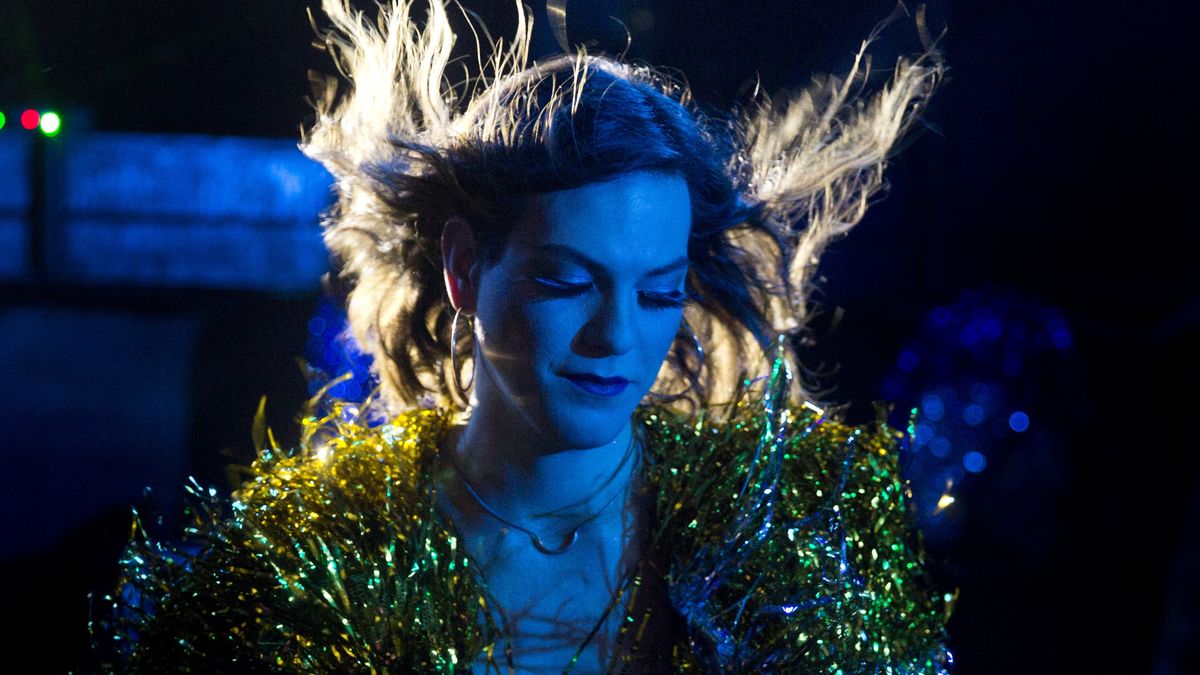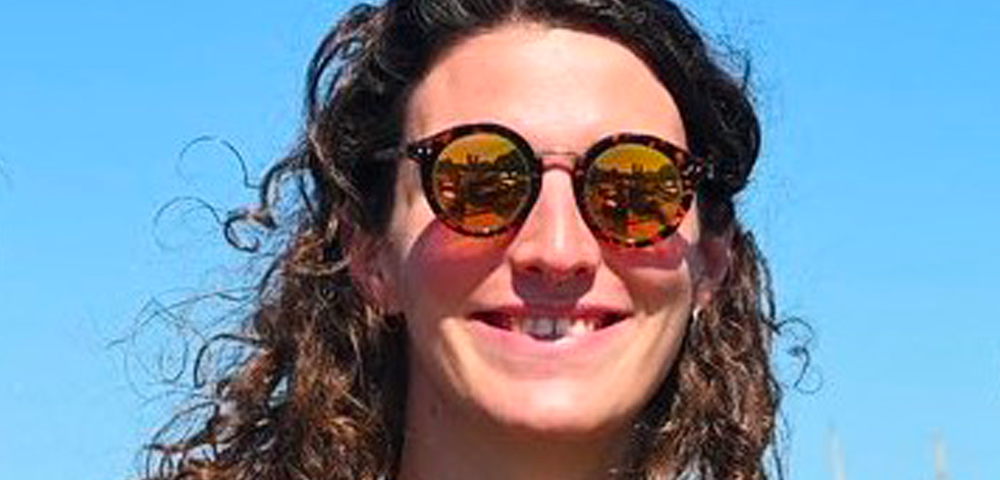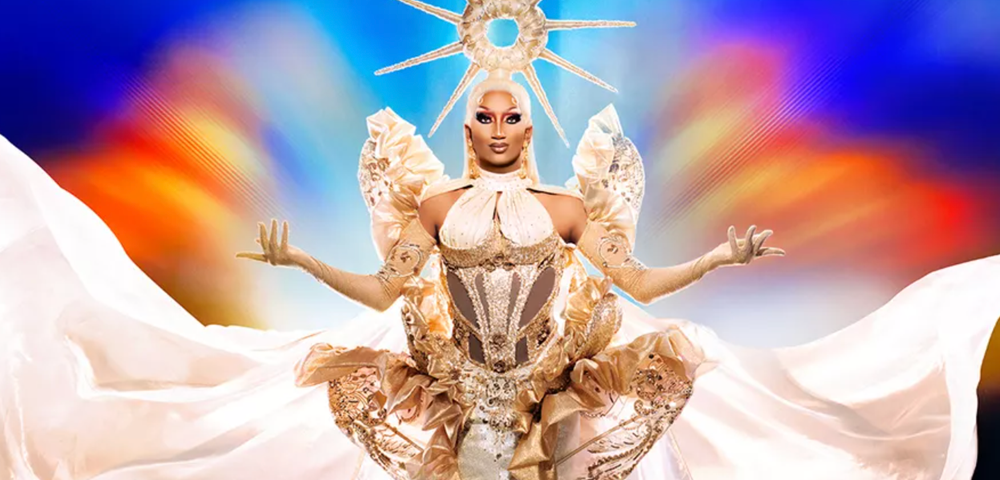
Trans actress Daniela Vega on A Fantastic Woman, trans rights in Chile, and the Oscars

Daniela Vega is the star of the Oscar-nominated film A Fantastic Woman. Laurence Barber spoke with her about trans rights in Chile and highlighting them on the silver screen.
* * *
There’s a scene in Sebastián Lelio’s A Fantastic Woman which shows its star, Daniela Vega, laying naked on her bed.
She has only a small, circular hand mirror, resting against her legs, between her body and the camera.
In its reflection we see her face, gazing intently at herself and at us. It’s a stunning and powerful image, like a reimagining of a Renaissance artwork.
Trans people face so much scrutiny of their bodies, but here Lelio redirects our gaze at Vega’s wide yet guarded eyes.
It asks us to focus on her face, to see her as a person before anything else.
Vega plays her character, waitress and singer Marina, like a fortress – besieged on all sides, yet resolute, immense, mysterious.
I spoke to her over the phone via a translator to find out more about how she became involved with the film, trans rights in Chile, and what’s next after receiving the most prominent Best Actress Oscar campaign in Academy history and becoming the first trans person to present an award at the ceremony.
“[Sebastián Lelio] was looking for someone to help him learn about trans culture in Chile. He contacted me to see if I could help him with his research. And I said yes, of course,” Vega says.
Over the course of their conversations, Lelio and co-writer Gonzalo Maza’s screenplay came together. Lelio realised he could never make the film without a trans actress, but there weren’t any currently working in film in Chile – except for Vega.
“After a year and a half, I didn’t know he was writing a script for a movie. When he showed me the script he said, ‘Read it, and tell me what you think.’ And what happened is that the script really was for me, and that’s how everything began.”
“The protagonist of this story was a trans woman, with physical characteristics very similar to mine. And that’s when I realised he wanted me to work with him.”
The film initially took shape as a drama centred on a cis woman, but through many revisions it expanded to include genre elements – of mystery, thrillers, musicals – inspired by Vega’s life and personality.
But Vega speaks about Marina with a certain distance. It’s clear that though she is a trans woman playing a trans woman, that doesn’t mean the character is who she is.
“All actors need experiences in order to create, because it’s about emotion. For me, to act means to take emotions and put them to the service of another person.”
“The fact of the thing is, with trans characters in cinema, that she’s played by a trans person is already a lot.”
Because trans bodies have so often been exploited in cinema, I asked Vega about the inclusion of nude scenes in the film.
“To be able to play a character with these characteristics, you have to be able to trust the director since day one.”
“There was a lot of respect and affection from the team. We did the scenes and I believe they were very interesting.”
One of the film’s best scenes finds Marina leading an impromptu nightclub dance number, complete with costumes and pop star choreography. It’s a moment of liberation and euphoria amidst her struggles.
“It was very fun because we were creating a very fantastic scene. The idea was to project fantasy everywhere,” she says.
In terms of representing trans life in Chile, Marina’s frustrations reflect Vega’s.
“There is no progress. There’s no law that protects our rights, there’s nothing really.”
I ask if the film’s reception back home has been as positive as elsewhere given this, and whether Vega thinks the film will play a role in changing public attitudes towards trans people there.
“It’s been very well received. As to whether it will change people’s minds? The movie’s posing a big question, and it’s precisely that one.”
Vega says she would love to work with Lelio again, and that she dreams of working with Spanish master Pedro Almodóvar, but is not planning her future as an actress too carefully despite the film’s recent Oscar nomination.
“Everything I dreamed since wanting to be a woman looked like something impossible since I was a child. Therefore whatever will happen in my future I will take with as much love as I do everything in my life.”
The film closes with Marina performing a gorgeous operatic piece in close-up. A trained opera singer, Vega says the scene encapsulates the character’s journey perfectly.
“‘Ombra mai fu’ is a baroque aria, which is sung to a tree, thanking the tree for the shade it gives on a very hot day. It’s a very beautiful metaphor of how you can take advantage of the shadow and use it in your favour.”
A Fantastic Woman is out in Australian cinemas on February 22.









